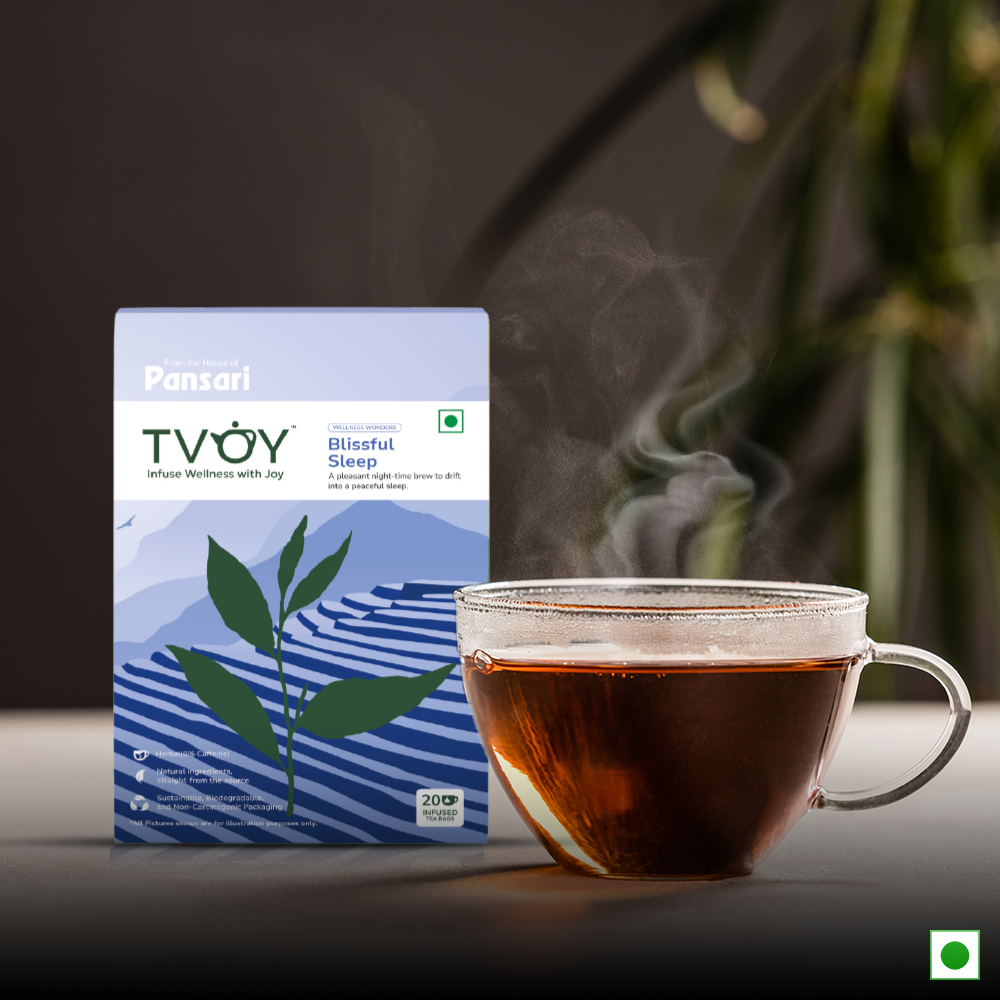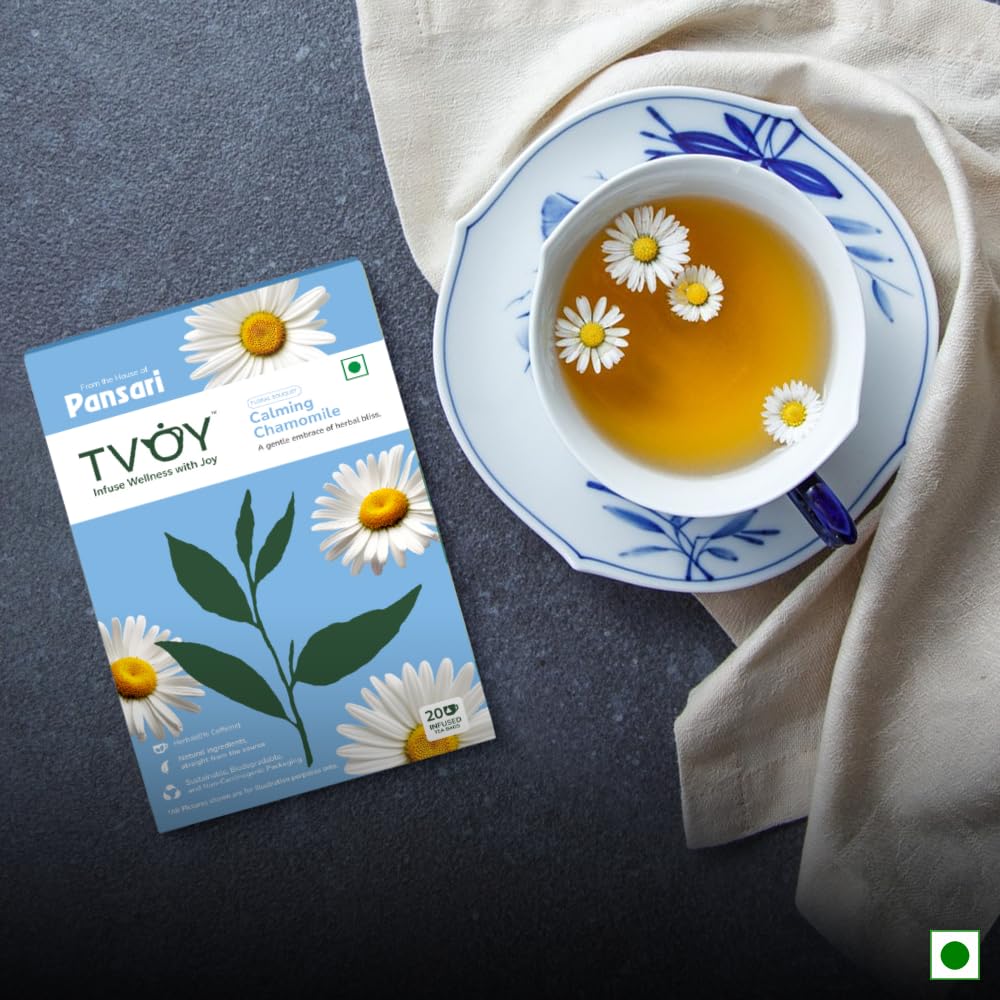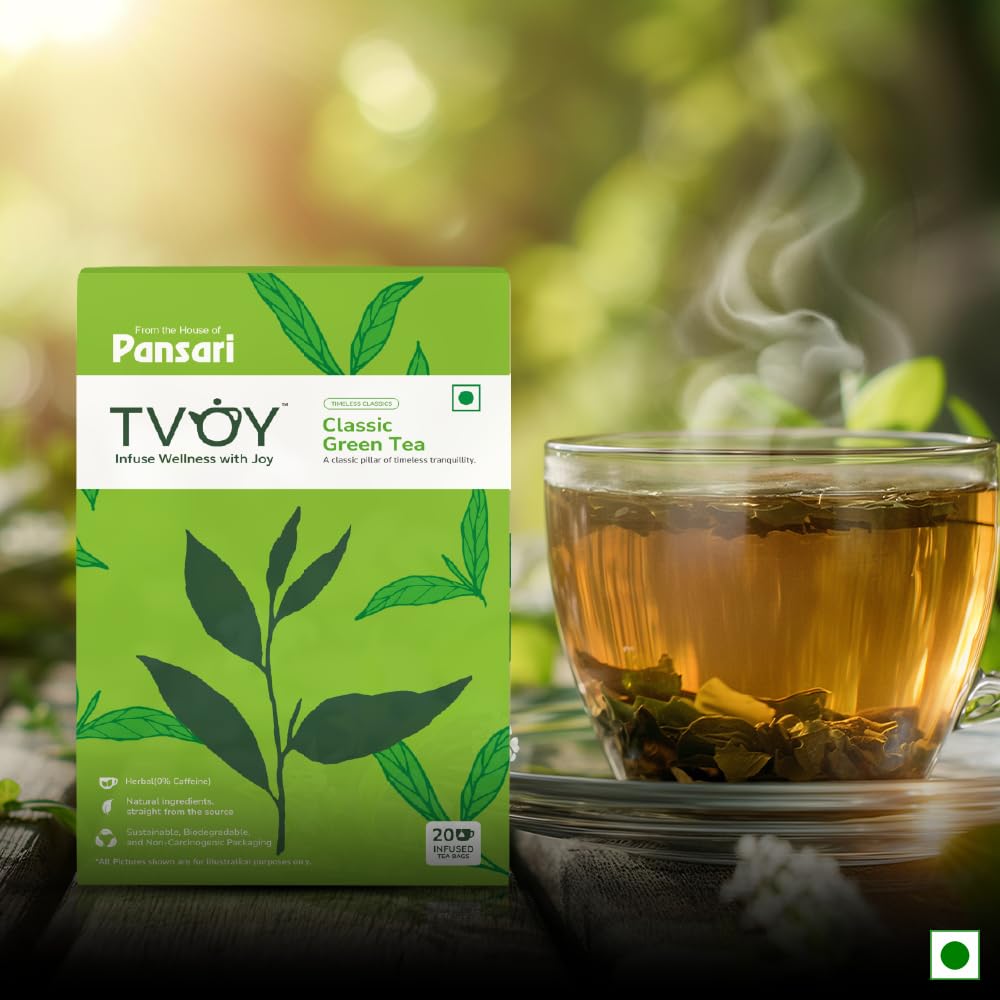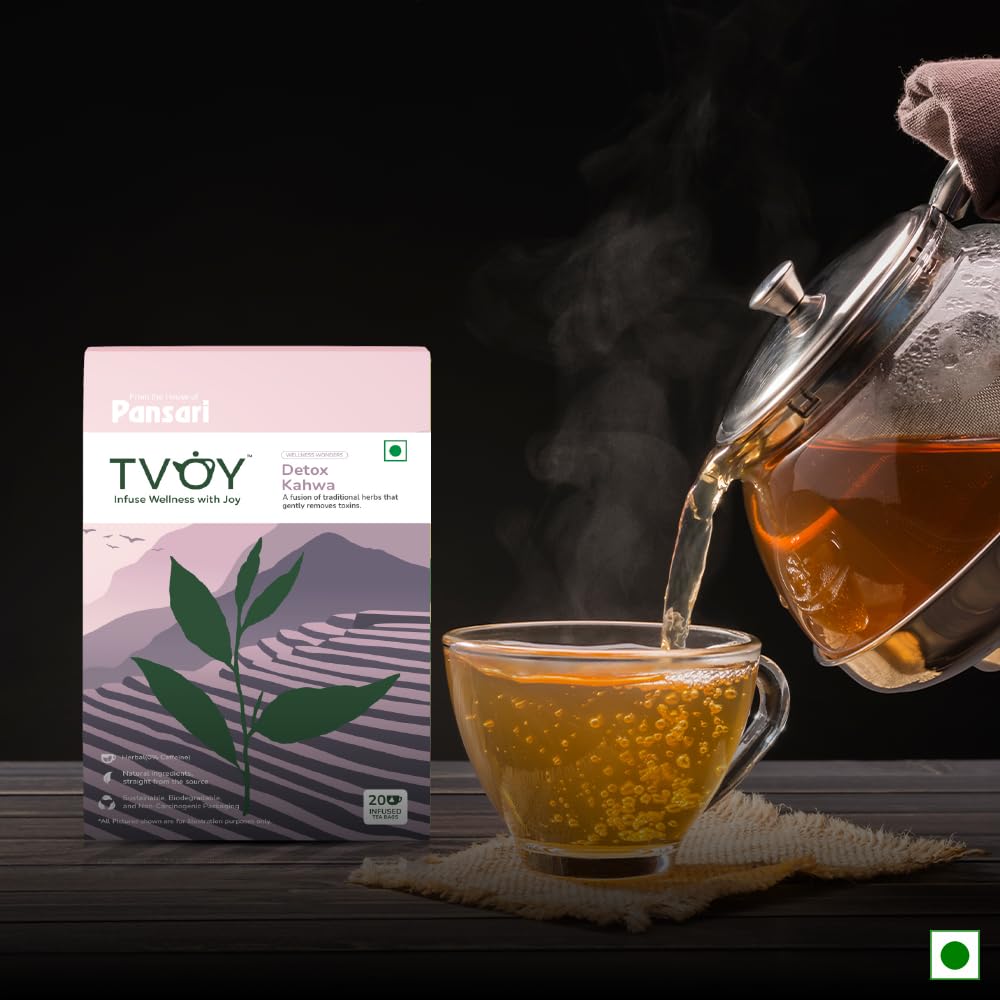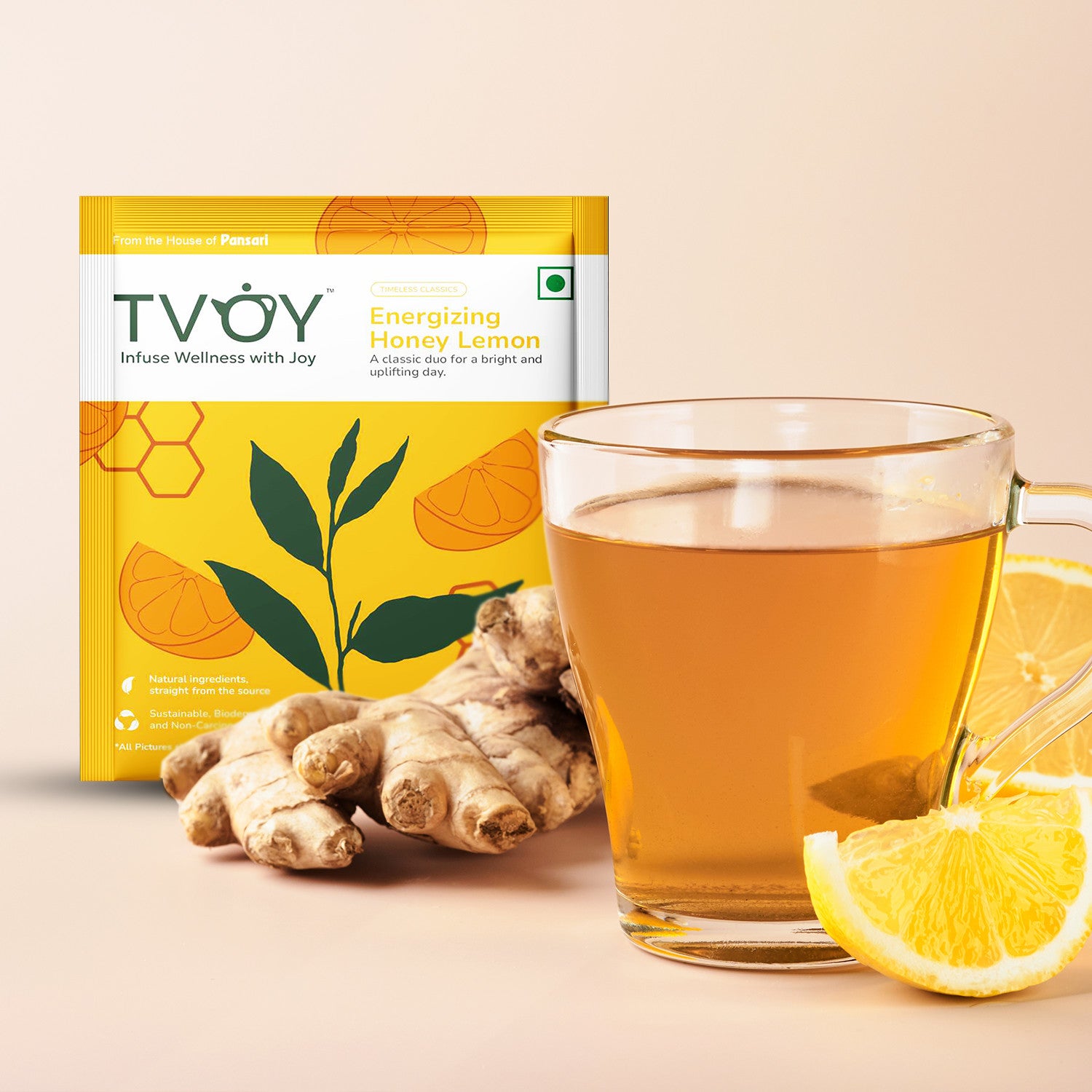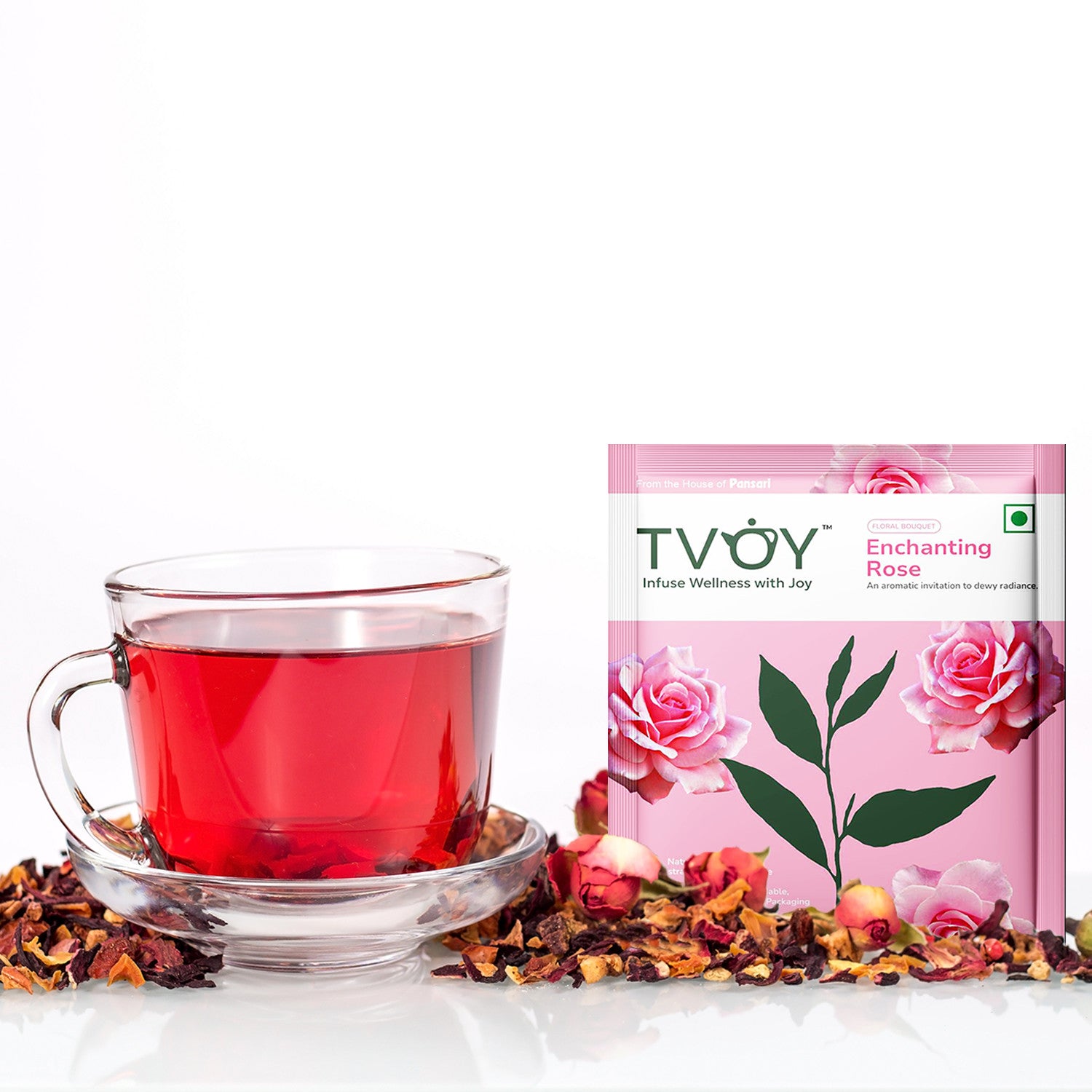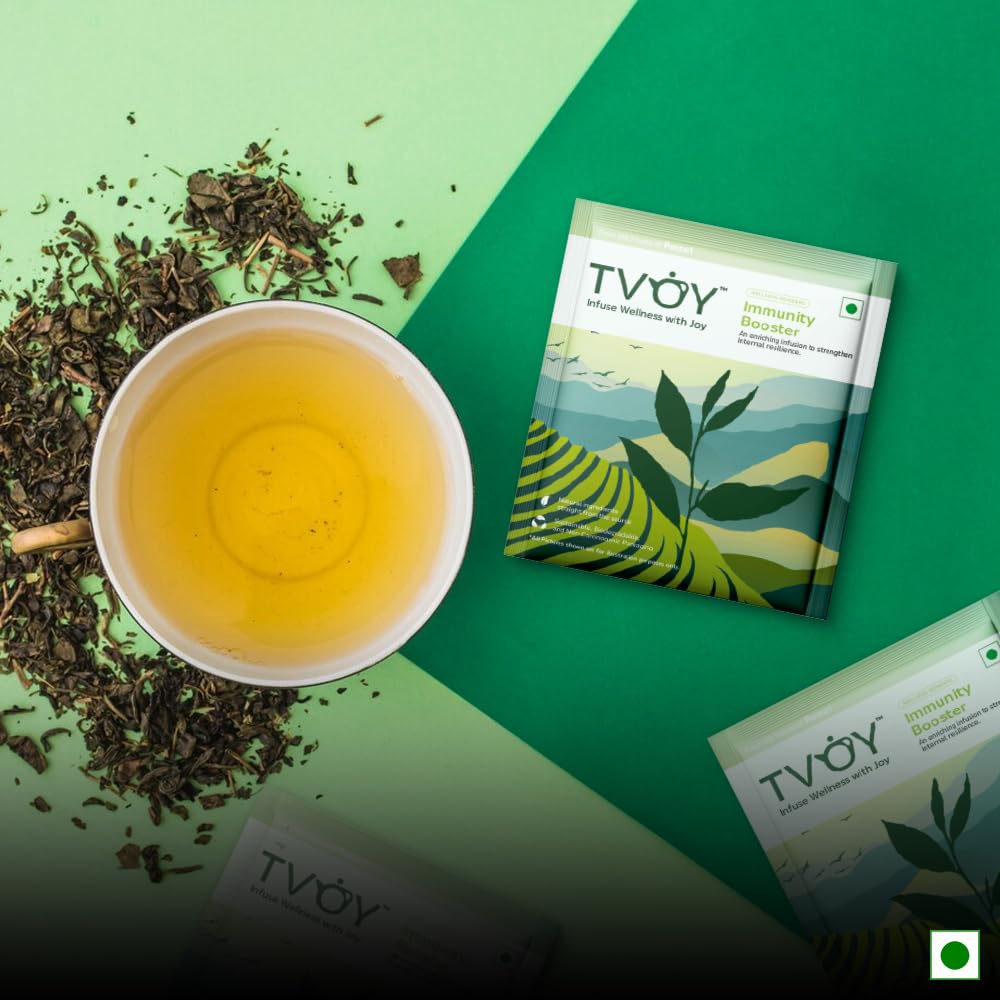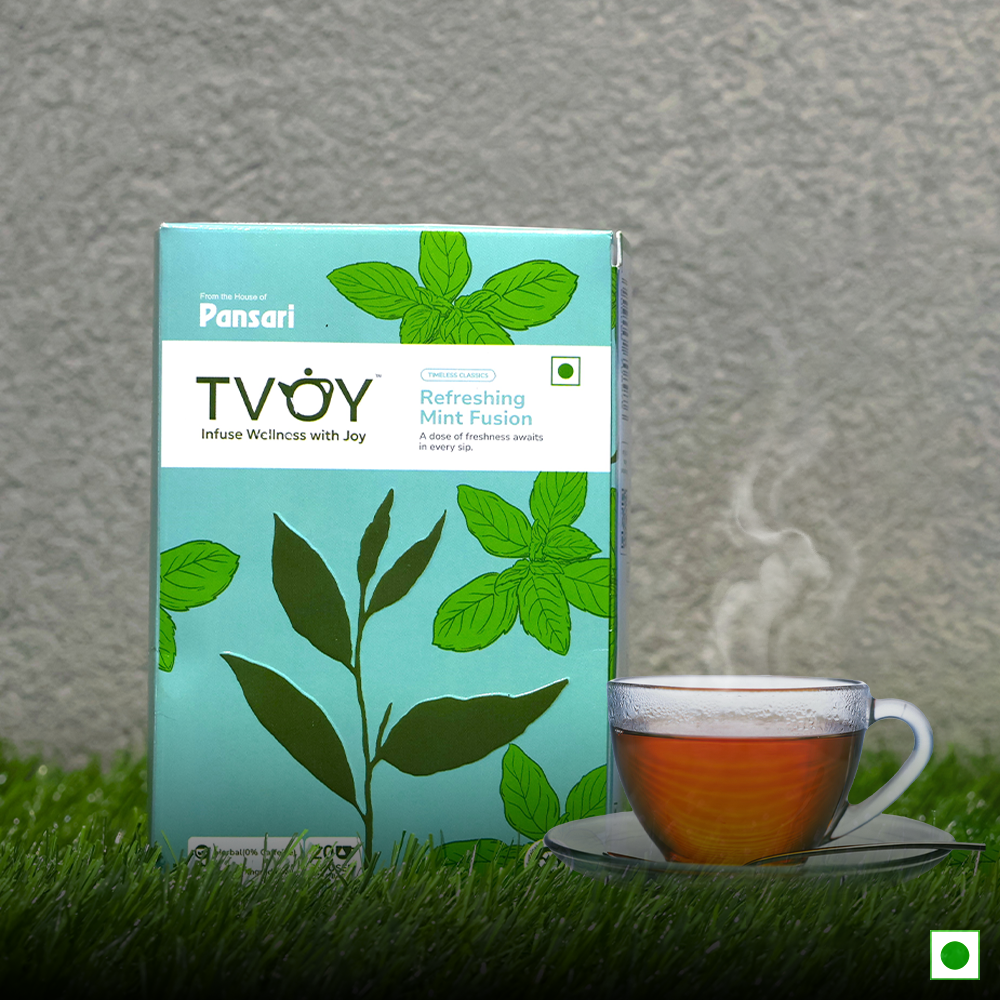Rose tea is considered one of the best green teas in India, but it's a new trend worldwide. Roses are often applied to the face, and this may come as a facial skincare cream made from chemicals mixed with rose flavour or additives that are unnatural and don't give off even half of the real benefits that the natural Rose offers. You can buy green tea online at Tvoy’s online stores.
There are approximately 120 species and thousands of cultivars of roses. While some varieties are sweet, others are more bitter, but all roses are edible and can be used to make rose tea.
What Is Rose Tea?
Rose tea is made from fresh or dried petals and buds of the famous rose flower. It is one of the most ancient flowers, known to have been cultivated as far back as 5,000 years ago. It likely originated from Asia, while several species are indigenous to North America.
Rose tea preparation follows a straightforward procedure. It can easily be made at home by boiling water and adding clean rose petals and buds (fresh or dried). Feel free to spice up the tea to suit your tastes. Wait 5 minutes for the mixture to simmer, strain the petals, and serve.
The U.S. Food and Drug Administration has confirmed that the other parts of the rose flower—such as the leaves, oils, rosehips, and rose water—are edible. The method of drying rose petals is done manually with solar energy. However, a 2019 study shows that drying the petals with a freeze dryer helps preserve the Rose's original colour, taste, fragrance, and nutritional value.
Rose Tea for Skin
Rose petals are said to be the best green tea for the skin. They possess incredible properties for treating skin conditions. Rose petals contain antioxidants and antibacterial properties that promote healthy living. Drinking rose tea regularly can help in treating acne.
Keeping the skin hydrated is essential and crucial if you want healthy, clear skin. Washing your face with rose tea is an excellent way of maintaining clear skin and a good facial care routine.
Rose tea is rich in vitamins promoting healthy skin, such as E and C. Vitamin C is a vital antioxidant that fights free radicals, supports fast body healing abilities, and protects against infections. Vitamin C is an excellent immune booster when unwell or combating colds and the flu. Rose petal tea also helps in the production of collagen. This increased collagen helps maintain skin elasticity, keeping it youthful and firm. It prevents wrinkles from appearing on the skin, a sign of ageing. It also helps moisturize the skin, giving it a natural, radiant glow.
Rose Tea for Hair
Besides boosting the immune system, rose tea's vitamin C content helps stimulate collagen production, a protein that promotes healthy hair growth. The compounds present in rose tea help prevent hair loss and alopecia, a condition of hair loss that is a visible sign of ageing.
The Final Sip
Rose tea is rich in antioxidants, vitamins, and antibacterial properties, which makes it beneficial for both skin and hair. Regular consumption of rose tea can help treat acne, boost collagen production, and promote youthful-looking and hydrated skin. For hair, its high vitamin C content supports healthy hair growth, prevents hair loss, and combats signs of ageing like alopecia. Incorporating rose tea into your routine is a natural and effective way to maintain skin elasticity and strength.
Indulge in the magic of Tvoy Enchanting Rose Tea – a sip of floral bliss in every cup. Order now and elevate your tea time to a whole new level of elegance.

